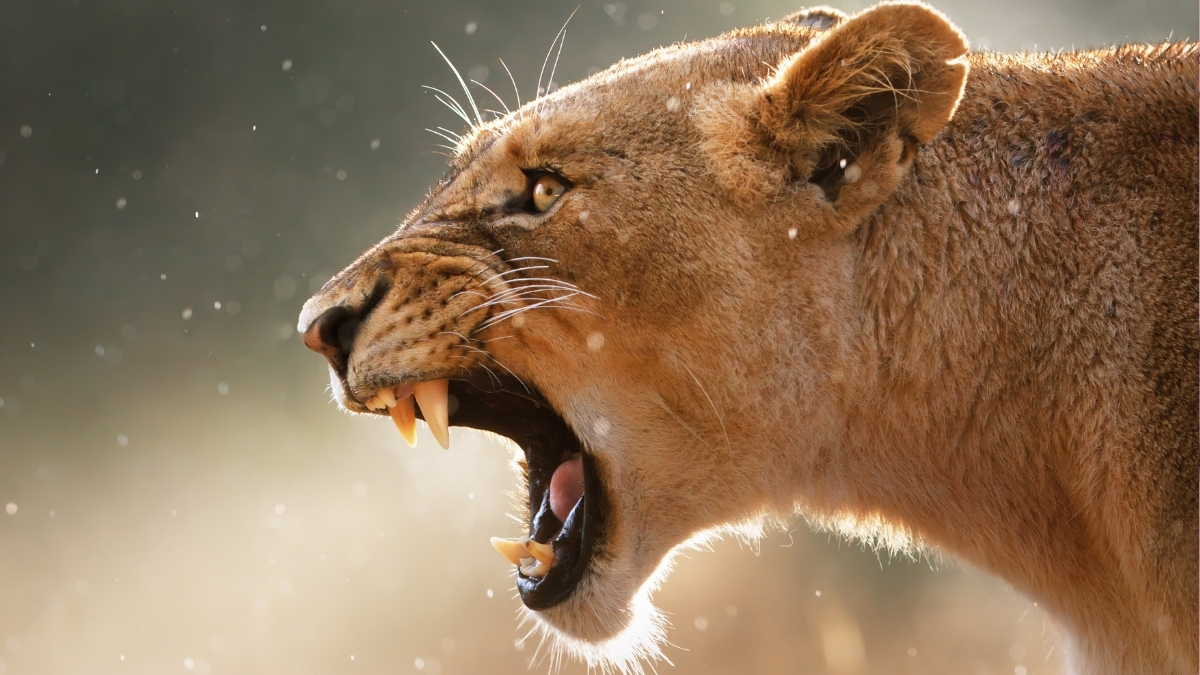Home / Science / Savannah Mammals Flee Humans, Not Lions, Reveals Study
Savannah Mammals Flee Humans, Not Lions, Reveals Study
20 Oct
Summary
- Humans, not lions, are the biggest threat to African savannah mammals
- 95% of species observed responded with more fear to human sounds than lion vocalizations
- Researchers played human conversations and hunting sounds to test animal reactions

According to a study published in Current Biology last year, savannah mammals in Africa's Greater Kruger National Park are far more afraid of humans than they are of lions, the region's apex predator. Researchers from Western University in Canada conducted experiments in the park, which is home to the world's largest remaining lion population, and found that 95% of the 19 mammal species observed responded with greater terror to the sound of human conversations and hunting activities than to lion vocalizations.
The team played recordings of human speech in local languages, as well as sounds of hunting, including barking dogs and gunshots, and compared the animals' reactions to those elicited by lions communicating with each other. Almost all the species, including rhinos, elephants, giraffes, leopards, hyenas, zebras, and warthogs, were twice as likely to abandon their watering holes when they heard humans talking compared to when they heard lions.
"The fear of humans is ingrained and pervasive," said conservation biologist Michael Clinchy. "There's this idea that the animals are going to habituate to humans if they're not hunted. But we've shown that this isn't the case." The researchers believe this deep-seated fear is a testament to the significant environmental impact humans have had on these species, even in protected areas.
The findings have important implications for conservation efforts, as the constant presence of humans is likely to continue triggering these mammals' fears, potentially reducing their populations over time. Researchers hope to use this knowledge to keep endangered species, such as the Southern white rhino, safely away from areas with known poaching activities.




